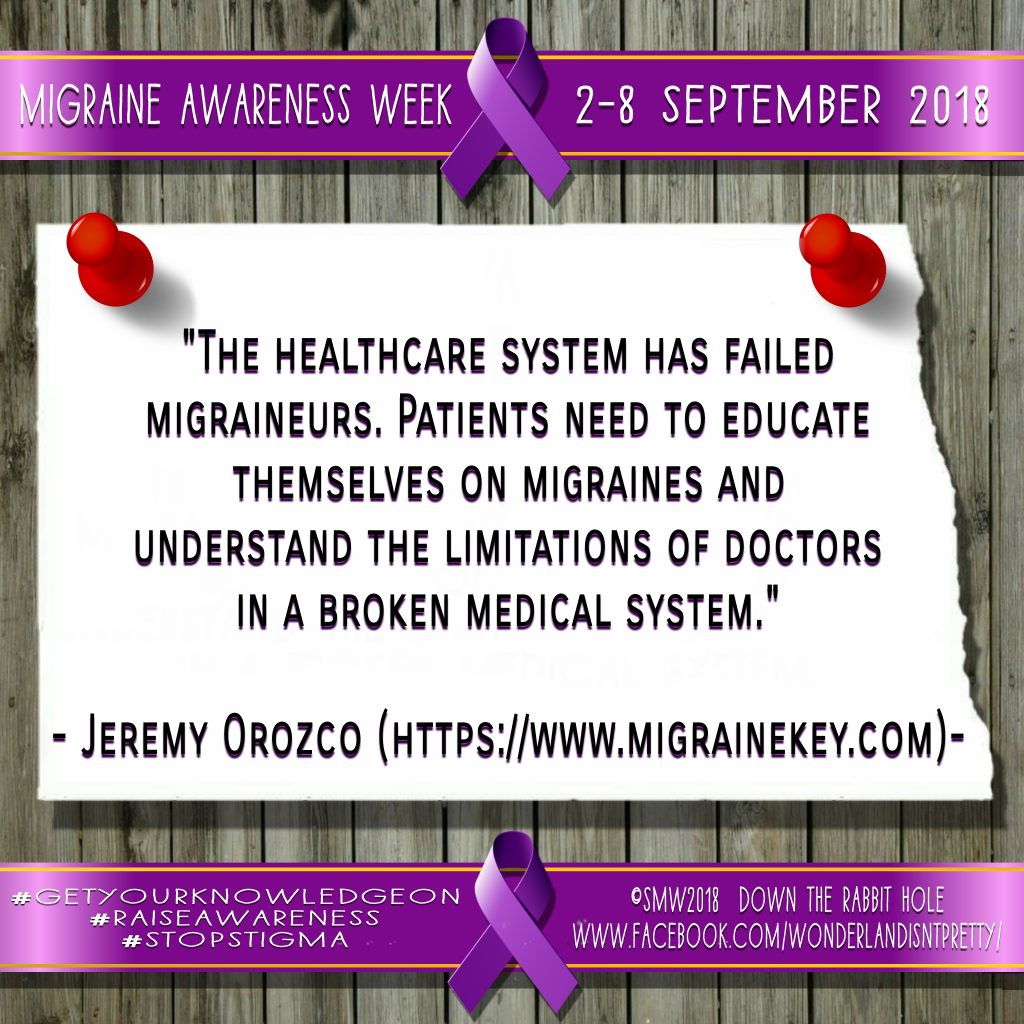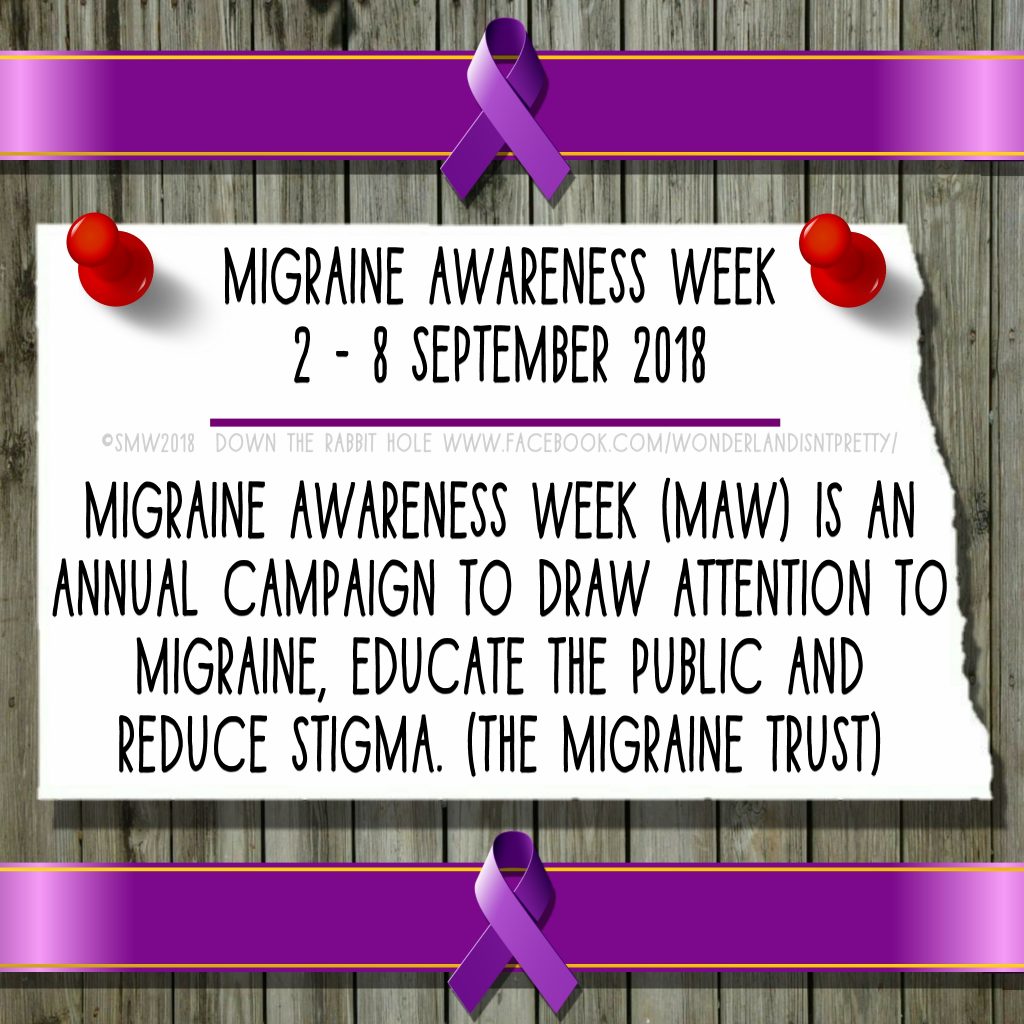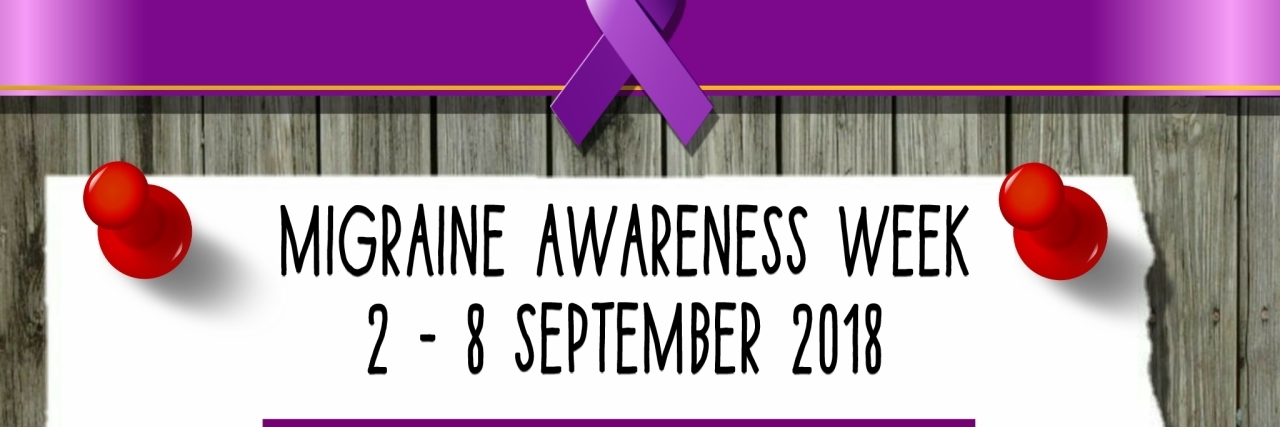“When will people stop equating migraine with headache?”
This is a question the millions who live with this debilitating condition ask frequently.
I believe part of the answer is: Maybe when we ourselves start consistently referring to it as the disease it is and know the facts ourselves.
Before anyone gets offended by that statement – not so many years ago, I was one of those who, much like Jon Snow in “Game of Thrones,” knew nothing (or nothing correct, which is as important), at least in relation to my illness.
Until my occasional episodic migraine attacks suddenly started stepping up their game after roughly 30 years and then apparently decided it was just unbearable to part with me by transforming to daily chronic, everything I thought I knew about migraine was based on misinformed ideas repeated as fact for decades upon decades. And I’ve talked to many, many other migraineurs since whose knowledge is on par with what mine was then.
In my defense (and yours, if you’re like me), there was very little migraine research data to go on all that time. The current interest in migraine research and developing treatments specifically for migraine is relatively new – it has surfaced and grown over the last several years. The research showing migraine is actually a genetic, heritable, neurological illness is truly recent, although it’s been suspected longer.
So what have I learned about migraine over the past six years of it being my constant companion, and how does that affect my opinion that we need to change how we talk about migraine?
First and foremost, I’ve learned I don’t have “headaches.” I have a neurological disorder that causes head pain and other serious symptoms that affect my entire body, not just my head.
I’ve learned that the public perception of migraine changes very slowly, partly because many don’t follow or know about developments in migraine research.
I’ve learned that stigma and misinformation are pervasive and affect everything from the care we receive to our quality of life to how we see ourselves and our illness.
I’ve learned that when trying to convey the seriousness of my illness, if I lead with “I have chronic migraine,” listening often stops right there because many people (incorrectly) think they know what it is and don’t take it seriously.
I’ve learned how to frame migraine differently in conversation to up the chance that someone will listen and try to understand better.
I almost never tell new people I’m meeting that I have migraine right off the bat. I tell them I have a neurological disorder, and if they ask further I tell them what that disorder is – not because I’m ashamed or afraid of the stigma, but because I want neurological disorder to be what they associate migraine with.
How we refer to our illness matters and affects how people see it also. One of my biggest peeves is seeing/hearing “migraine is not just a headache.” Why? Because it makes migraine the equivalent of “headache + some other stuff.” And that is not only an inadequate and incorrect definition of migraine, but perpetuates the very perception we need to change.
“Migraine isn’t just a headache/Migraine is more than a headache” = headache + some other stuff.
“Migraine is not a headache” = neurological disorder.
Likewise, we don’t have/get “migraines.” The correct terminology is “migraine attack(s)” or simply “attacks.” Migraine disease/disorder is the illness itself, which causes the individual attacks.
I’ve learned trigger is not the cause. Don’t fall into this trap. For one, it perpetuates the idea that simply avoiding triggers will make us well and that we somehow bring on our own suffering. This is a huge misconception that even many with migraine believe, and it needs to stop now. Triggers set off attacks; they do not cause migraine.
Here’s how it actually works, if you’re looking for a short and sweet explanation:
Migraine disease causes extreme sensitivity to some stimuli (triggers) in those with migraine, which in turn set off individual attacks.
If you do not have migraine, these environmental or internal triggers will not affect you as they do someone with migraine disease, and triggers vary widely. What triggers your attack may not trigger another person’s.
Explaining it with a comparison to asthma has worked well for me. A person who has asthma always has asthma, even between attacks. Asthma is what causes the hypersensitive reaction to whatever sets off an asthma attack.
Likewise, a person who has migraine always has migraine, not only during an attack.
I’ve learned that there is no cure for migraine disease, and although treatments exist, they do not work for everyone, and one can have an allergy to them or negative reaction just like any other medication.
I’ve learned that you cannot always rely on your doctor to educate you on this, and here’s why: many doctors are not trained in migraine diagnosis or treatment unless they specialize in headache disorders.
- The average medical student gets about two hours of education on all headaches and he or she might get another two hours if neurology is pursued.
- Migraine is misdiagnosed about 50 percent of the time, according to the National Headache Foundation.
- Less than 25 percent of chronic migraineurs are accurately diagnosed.
- According to Migraine Key, “The healthcare system has failed migraineurs. Patients need to educate themselves on migraines and understand the limitations of doctors in a broken medical system.”

I’ve learned that neurology is not the Holy Grail of migraine knowledge or treatment many assume it is. Neurologists are basically the general practitioners of all things neurological.
This #MigraineAwarenessWeek, let’s educate ourselves with the facts so we can properly educate others.

It may seem like I’m being overly pedantic about this, but these things do matter and make a difference.
Let’s stop adding to the very stigma and miseducation that punishes us on top of our illness.

